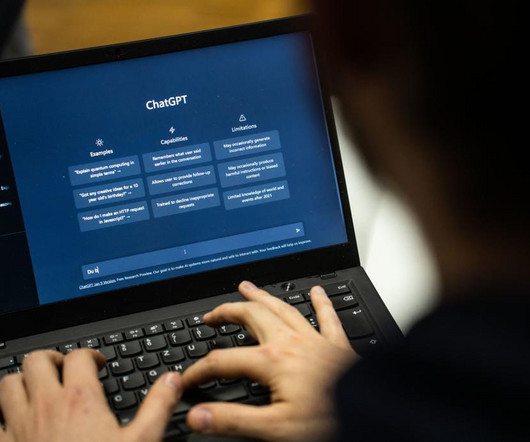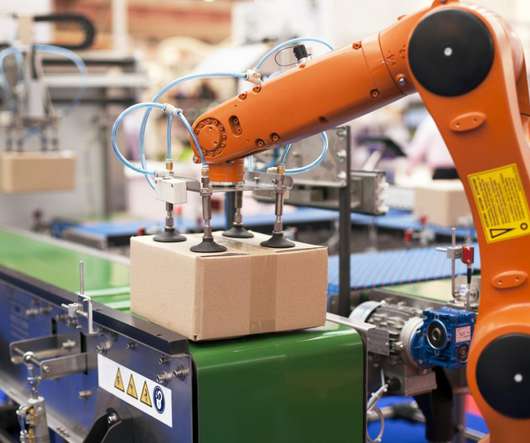Doomsday Predictions Around ChatGPT Are Counter-Productive
The Horizons Tracker
SEPTEMBER 4, 2023
The last few weeks have been abuzz with news and fears (well, largely fears) about the impact chatGPT and other generative technologies might have on the workplace. Indeed, a report from the company itself suggested that “most” jobs will be at risk in some way due to their technology. job market.













Let's personalize your content